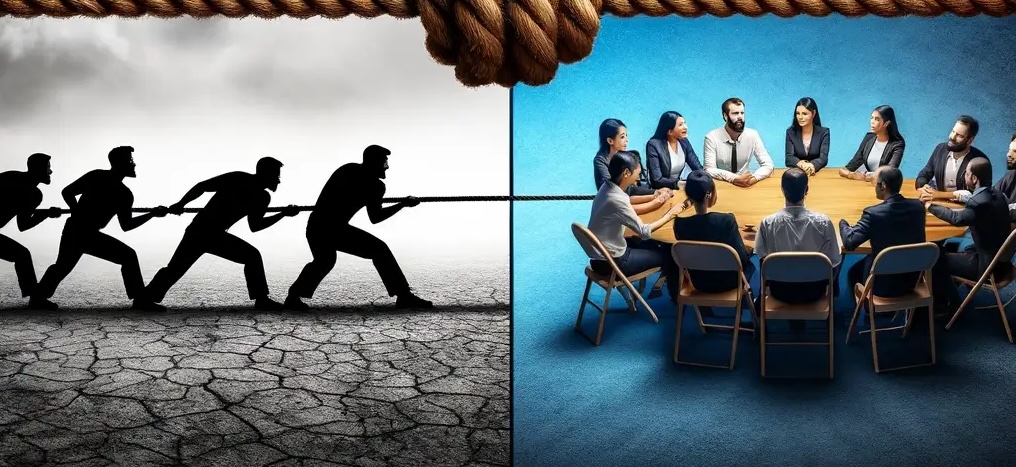In a Western democracy, the political process often involves a tug of war over allocating resources, as different groups compete to influence government policies in ways that favor their interests. This competition can sometimes result in short-term decision-making, as politicians seek to satisfy their constituents and secure re-election. However, it’s not solely a zero-sum game; there are also instances where collective action leads to smarter decisions that benefit the larger group.
The extent to which a democracy functions as a collective effort to make smarter decisions depends on several factors:
- Political Culture: Societies with a strong sense of community and shared values are more likely to work together for the common good.
- Institutional Design: The structure of the political system, including the electoral system and the distribution of power, can influence the degree of cooperation versus competition.
- Education and Information: An informed electorate is more likely to make decisions that benefit the broader society. Access to unbiased information and education about the issues can lead to more informed choices.
- Long-term Vision: Politicians and voters who prioritize long-term benefits over short-term gains are more likely to make decisions that are good for the collective.
- Compromise and Consensus-building: A political culture that values compromise and seeks consensus can lead to more cooperative decision-making.
The analogy “what’s good for the beehive is good for the bee” highlights the importance of considering the collective good in decision-making. While individual interests are important, a focus on the well-being of the larger group can lead to better outcomes for everyone. In a democracy, achieving this balance requires active engagement from both the government and the citizens, as well as institutions that promote transparency, accountability, and collaboration.
“The health of a democratic society may be measured by the quality of functions performed by private citizens.” – Alexis de Tocqueville
“Democracy is not just about the majority ruling; it’s about minority rights and protection.” – Unknown
“The best argument against democracy is a five-minute conversation with the average voter.” – Winston Churchill
“In a democracy, the individual enjoys not only the ultimate power but carries the ultimate responsibility.” – Norman Cousins
“A great democracy must be progressive or it will soon cease to be a great democracy.” – Theodore Roosevelt
“The essence of democracy is its assurance that every human being should so respect himself and be so respected in his own personality that he should have the opportunity equal to that of every other human being to show what he was meant to become.” – Anna Garlin Spencer
“Democracy is the art of thinking independently together.” – Alexander Meiklejohn
“The spirit of democracy cannot be imposed from without. It has to come from within.” – Mahatma Gandhi
“Democracy is not merely a form of government. It is primarily a mode of associated living, of conjoint communicated experience.” – John Dewey
“The only thing that will redeem mankind is cooperation.” – Bertrand Russell
“A democracy is nothing more than mob rule, where fifty-one percent of the people may take away the rights of the other forty-nine.” – Thomas Jefferson
“The cure for the ills of democracy is more democracy.” – Edward Abbey
“True democracy is a project that’s much bigger than any one of us.” – Barack Obama
